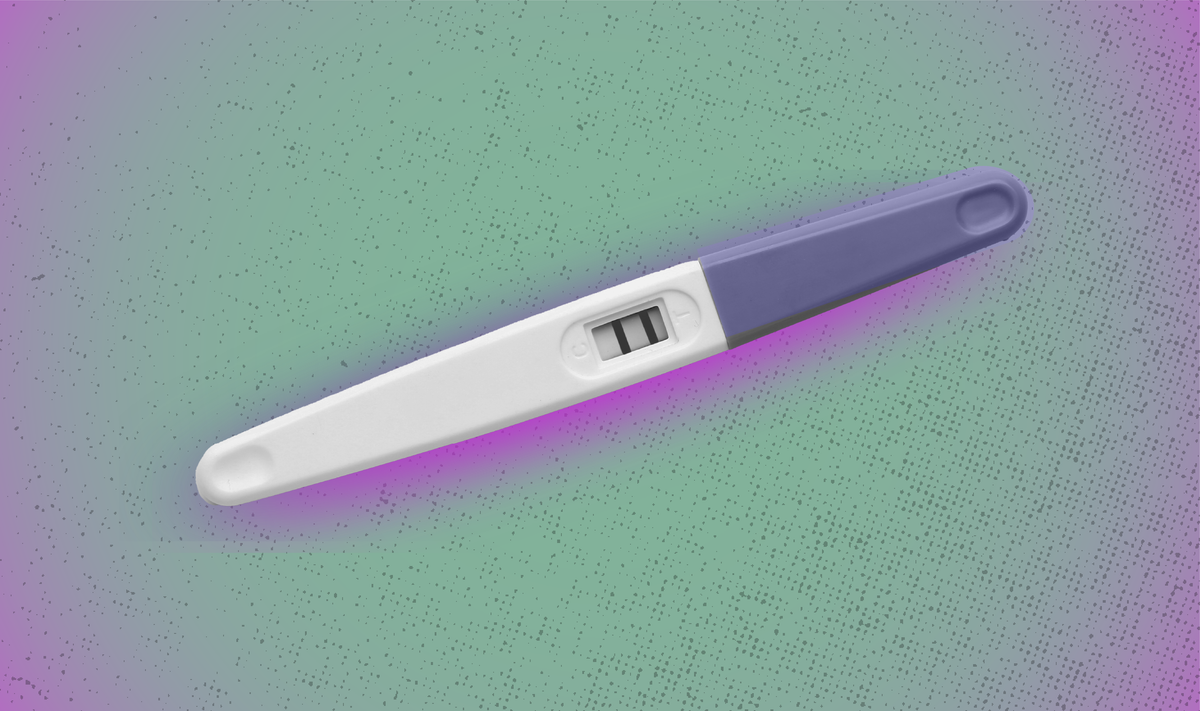Concerns grow about medication during pregnancy
Plus, social media users spread false claims about mifepristone safety and expressed fear about how an FDA review could potentially limit access to it.

Plus, social media users spread false claims about mifepristone safety and expressed fear about how an FDA review could potentially limit access to it.
At a press conference on September 22, President Donald Trump misleadingly linked acetaminophen use during pregnancy to autism in children despite no causal relationship. Since then, conversations about taking medication during pregnancy have continued, with some social media users repeating false claims about Tylenol while others express concern about other medications, including antidepressants. Meanwhile, social media posts discussed a new California law protecting access to the abortion pill mifepristone and the FDA’s forthcoming review of the medication, with some falsely claiming that mifepristone is unsafe.
In response, communicators may share information about taking medication during pregnancy, reiterate that mifepristone is safe, and recirculate information about medication abortion.

Insights brought to you by the reporters and science writers of Public Good News (PGN), a nonprofit newsroom dedicated to improving community health.
What’s trending nationally in conversations about reproductive health:
Conversations about taking medication during pregnancy evolved this past week following a September 22 press conference where President Donald Trump and Health and Human Services officials made misleading claims about Tylenol. The day after, September 23, an X post expressed concern that taking Ozempic during pregnancy could harm fetal health and received approximately 680,000 views, 23,000 likes, 1,000 reposts, and 140 comments as of September 30. Many commenters echoed the post’s concern, and some correctly noted that taking it during pregnancy is not recommended due to potential impacts on fetal development. Other commenters falsely claimed that taking SSRIs during pregnancy harms fetal health, a claim that has continued since a July FDA panel spread misleading information about these antidepressants.
On September 26, California’s governor signed a law that will allow doctors to anonymously mail abortion pills. The law will also preserve access to mifepristone even if the FDA revokes its approval. While some social media users praised the law for protecting access to medication abortion, others expressed stigmatizing attitudes toward people who seek abortions. A few falsely claimed that mifepristone is unsafe.
More conversation about mifepristone followed the recent announcement that the FDA will review its approval of mifepristone. Many social media users expressed concern that the review could result in restrictions on the medication, limiting abortion access. Some also feared potential restrictions on other forms of reproductive health care, like emergency contraception and birth control.

Recommendations brought to you by the health communication experts behind Infodemiology.com.
Recommendations for public health professionals
Each week, the Infodemiology.com team will provide messaging recommendations in response to some of the trending narratives outlined above. These helpful tips can be used when creating content, updating web and FAQ pages, and developing strategy for messaging about reproductive health.
News headlines and social media attention on medications during pregnancy may cause confusion about what is safe and unsafe. Messaging may emphasize that pregnant individuals should talk to their doctor about any prescription and over-the-counter medications they take, including medications to reduce pain or fevers; SSRIs, which the American College of Obstetricians and Gynecologists has said are safe; and Ozempic or other forms of semaglutide, which is not recommended during pregnancy. As false claims about Tylenol continue, messaging may stress that doctors and groups like ACOG say it’s safe to take acetaminophen during pregnancy as needed after consulting with your doctor.
Questioning mifepristone’s safety is a common theme in conversation and is likely to increase with the FDA’s newly announced review. In response to false claims that mifepristone is unsafe, communicators may explain that medication abortion is a safe and effective way to end a pregnancy and that the risk of major complications is less than 1 percent. Messaging may note that mifepristone is also used to manage potentially life-threatening health emergencies like miscarriages and postpartum hemorrhage.
Conversations about abortion pill access provide an opportunity to recirculate resources like Plan C, which offers information about accessing abortion pills in every state, AbortionFinder.org, which helps people find reputable abortion providers, and the Repro Legal Helpline, which connects people with lawyers who can answer questions about abortion, miscarriage, and birth. Ensuring that any materials outlining your state’s abortion laws are up to date is recommended.
